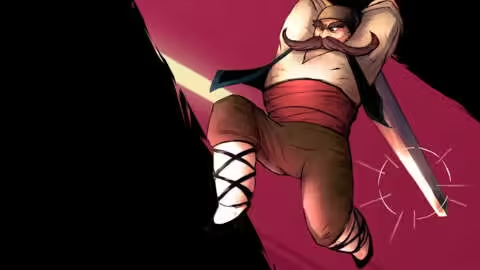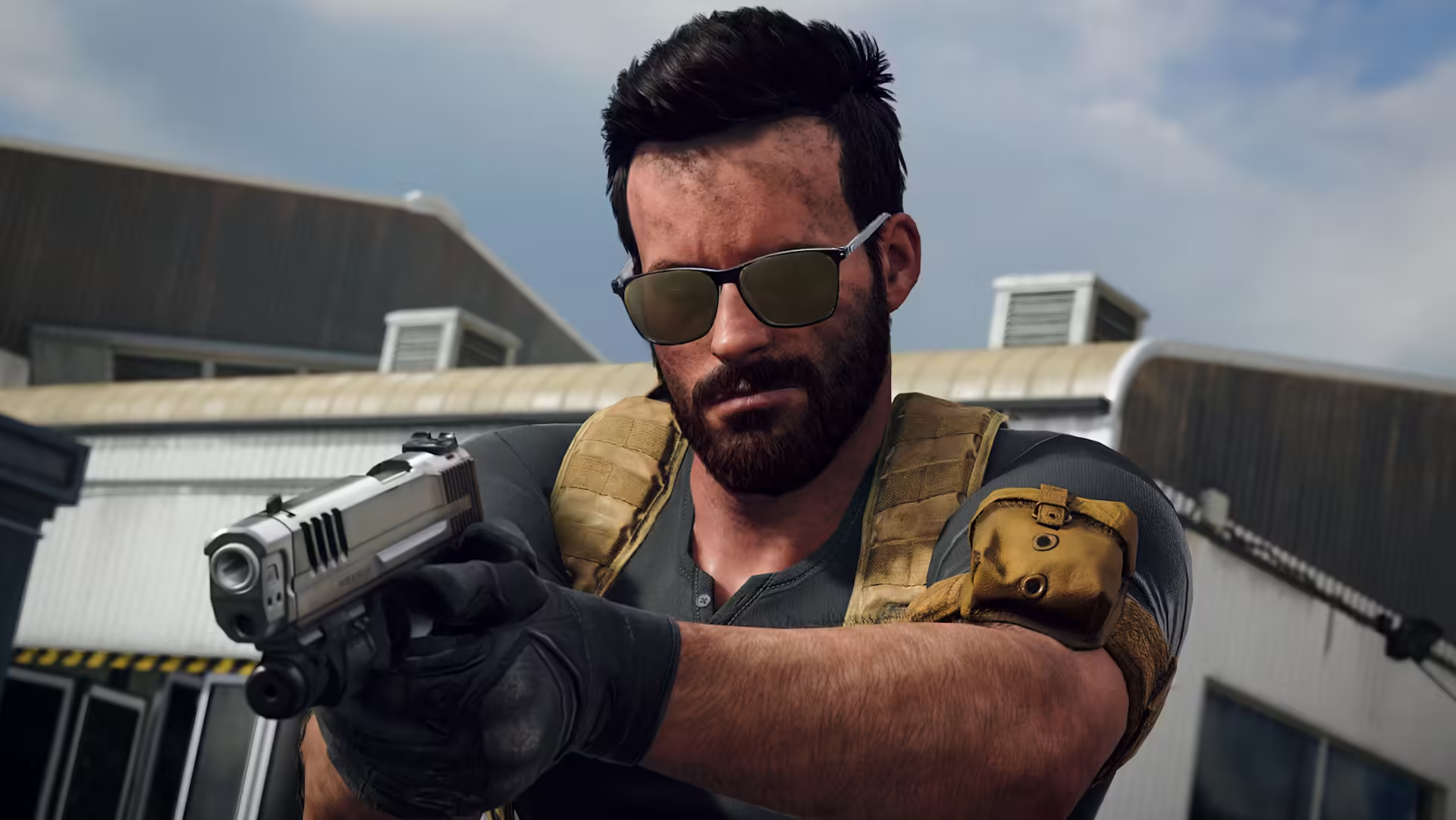I’m Not Used To Backstep Dodging In Metroidvanias, But Marko: Beyond Brave Might Make Me A Believer
Estimated reading time: 2 minutes
Marko: Beyond Brave is not at all what I expected. From the hand-drawn visuals to the cryptic lore tablets, and from the silent protagonist to the largely underground opening levels, I figured it would tickle the same part of my brain that adores the likes of Hollow Knight. But Beyond Brave seems to put a far heavier emphasis on grounded combat–more than I’m used to when it comes to a metroidvania. In the hour demo I played, I never quite got used to it, but the Slavic folklore-inspired world seems interesting and I want to try the game some more if only to see more of it.
In Beyond Brave, you play as the titular Marko, a warrior who fits the strong-and-silent archetype for a metroidvania protagonist to a T. When his village is attacked by Entropy, he and his fellow warriors attempt to fight back and immediately fail. Left alone, Marko has to continue on his own, delving into twisting caverns that snake beneath his town, returning to the surface to buy new items or forging ahead through previously unreachable locales once he unlocks a new traversal ability.
Marko isn’t too great at jumping.
“We love games as a storytelling medium,” Studio Mechka head Boyan Vasilev told me. “They are a great way of telling a story to someone across the globe in the universal language of play, and what better story to tell than the one you grew up with, right? We are borrowing themes from multiple Slavic fairy tales to create a unique universe with its own rules, characters, and lore. The main theme, however, is that of the underdog and his journey to becoming a hero. Marko starts as the youngest and weakest–at least at first–of his very-accomplished brothers, who are both already famous heroes, and so Marko has to prove himself along the way. The world, on the other hand, tells a more tragic story. The player will discover the hows and whys of Zagora: how it rose to glory and how it fell from grace and into ruin. It is the story of the people who inhabited it, akin to the rise and fall of the Roman Empire.”








